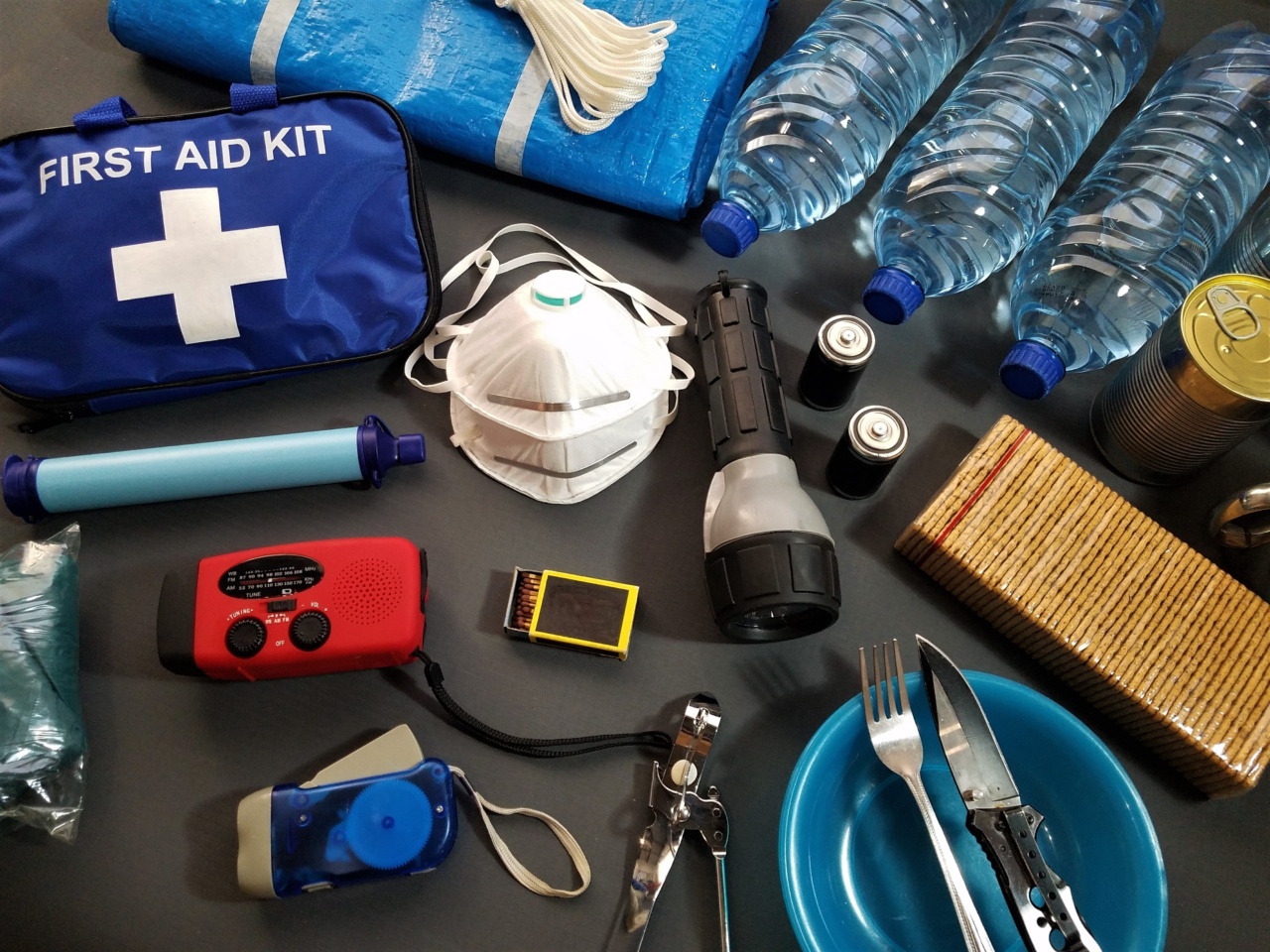We all tend to keep our fridges well-stocked with food items that we enjoy and that are essential for our daily meals. However, it is important to remember that certain food items can pose a risk to our health if not handled or stored properly.
In this article, we will highlight some of the dangerous food items that you might have in your fridge and provide valuable information on how to handle them to ensure your safety.
1. Raw Eggs
Raw eggs can carry Salmonella bacteria, which can cause food poisoning. It is essential to store eggs in the refrigerator and use them within their expiration date.
Avoid consuming raw eggs or dishes that contain raw or undercooked eggs to minimize the risk of illness.
2. Deli Meats
While deli meats are a convenient option for sandwiches and quick meals, they can be a breeding ground for harmful bacteria such as Listeria.
The bacteria can cause severe illness, especially in pregnant women, older adults, and people with weakened immune systems. Always ensure that deli meats are properly stored, consumed before their expiry date, and handled with clean utensils.
3. Leftover Rice
Leftover rice can contain spores of Bacillus cereus, a bacteria responsible for food poisoning. If cooked rice is left at room temperature for an extended period, these spores can multiply and produce toxins.
To prevent food poisoning, refrigerate leftover rice immediately after cooking and consume it within two days.
4. Leafy Greens
While leafy greens are a great source of nutrition, they can also harbor harmful bacteria such as E. coli, Salmonella, and Listeria.
To reduce the risk of contamination, thoroughly wash leafy greens before consuming them and store them in a clean, airtight container. Pay attention to the expiration dates and discard any wilted or slimy leaves.
5. Moldy Fruits and Vegetables
Moldy fruits and vegetables can produce dangerous toxins that can cause illness. Always inspect your produce carefully before consuming it and discard any items showing signs of mold.
Keep your refrigerator clean and well-ventilated to prevent the spread of mold to other food items.
6. Unpasteurized Dairy Products
Unpasteurized dairy products, such as raw milk and certain types of cheese, can contain harmful bacteria like E. coli, Salmonella, and Listeria. These bacteria can cause serious illnesses, especially in children, pregnant women, and older adults.
Always ensure that dairy products are pasteurized before consuming them.
7. Raw Seafood
Raw seafood, including fish, shellfish, and sushi, can harbor parasites and bacteria such as Vibrio and Salmonella. It is crucial to purchase seafood from reputable sources and ensure it is properly cooked before consumption.
If you are a fan of sushi, opt for cooked or vegetarian options to minimize the risk of foodborne illnesses.
8. Contaminated Leftovers
Leftovers that have been stored for too long or not reheated properly can become a breeding ground for bacteria. It is important to refrigerate leftovers promptly, consume them within a couple of days, and reheat them thoroughly before eating.
Discard any leftovers that have an odd smell, strange texture, or appear moldy.
9. Open Canned Foods
When opened canned foods are stored improperly, they can become contaminated with bacteria, causing food poisoning. Once a can is opened, transfer the contents to a clean, airtight container and refrigerate.
Consume the contents within a few days and discard any canned foods that show signs of spoilage.
10. Condiments
While condiments like ketchup, mayonnaise, and mustard may seem harmless, they can spoil if not stored correctly. Check the expiry dates, and avoid using condiments that are past their prime.
Additionally, be cautious when double-dipping or using dirty utensils, as it can lead to bacterial growth.
Keeping your fridge organized and practicing proper food handling and storage techniques are essential for maintaining the safety and freshness of your food.
By following these guidelines, you can minimize the risk of foodborne illnesses and ensure that your next meal from the fridge is delicious and safe to eat.































